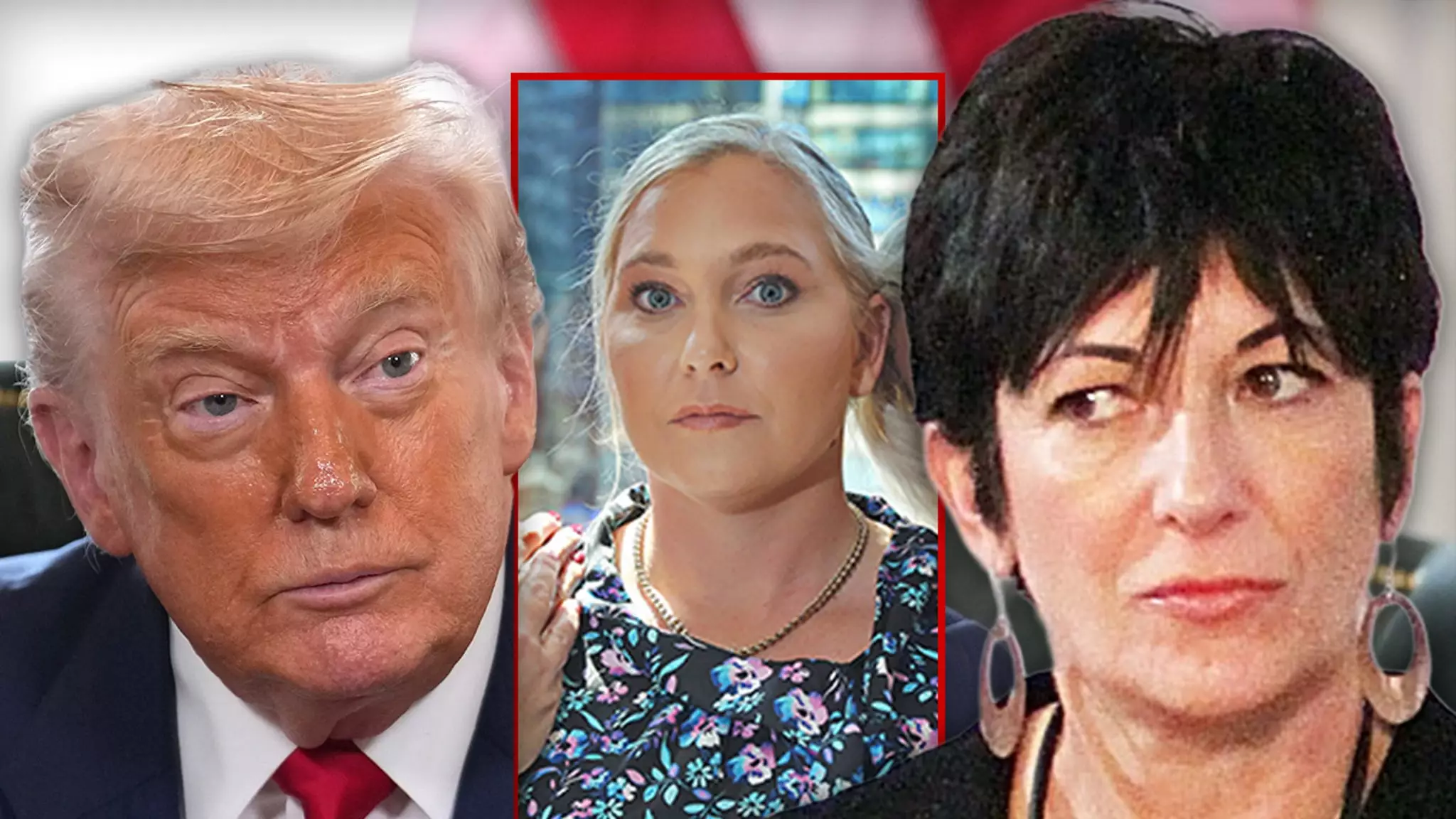The recent comments made by President Donald Trump about Jeffrey Epstein and Virginia Giuffre have cast a new light on the possible depths of political indifference or willful ignorance. When Trump casually alleged that Epstein “stole” Virginia from Mar-a-Lago, it was not merely a throwaway remark; it was a startling admission that demands scrutiny. His phrasing subtly hints at a familiarity with Epstein’s predatory behavior, yet stops short of outright denial or acknowledgment. This ambiguity fuels suspicion: was he truly unaware of Epstein’s criminal activities, or was he turning a blind eye for convenience?
Virginia Giuffre’s family was taken aback by Trump’s characterization, especially given his later comments suggesting Epstein’s predilection for younger women. Considering the powerful circles Epstein infiltrated, Trump’s history of friendships with prominent figures prompts a disturbing question: did he have knowledge of the extent of Epstein’s exploitation, or is politics shielding certain truths? The family’s plea for clarity underscores a broader concern about accountability at the highest levels of power, especially when it pertains to crimes against vulnerable victims.
The Complexity of Public And Private Realities
The interplay between public figures’ words and their private actions remains an area rife with deception. Trump’s assertion that Virginia worked at the spa, and his statement that Epstein “stole her,” visibly attempts to downplay the gravity of the abuse. It implicitly shifts blame onto Virginia, suggesting she was complicit or at least a willing participant—something her family vehemently denies. This differentiation between public persona and private reality exposes a harsh truth: misrepresentations and half-truths serve to dilute efforts for justice and transparency.
Virginia’s tragic death by suicide only amplifies this complexity. Her family’s call for justice and their rejection of any potential pardon for Ghislaine Maxwell highlight their desire to confront a dark history that they believe remains unresolved. The tragedy of Virginia’s life and death serves as a stark reminder of how survivors often find their pleas overlooked in the corridors of power, and how systemic issues of abuse can persist unnoticed or unchallenged due to political or social complicity.
The Need for Genuine Accountability
In the wake of these revelations, the call for answers grows louder. The family’s appeal for truth is not just about Virginia; it’s about the countless other victims who have suffered in silence, often ignored by societal mechanisms meant to protect them. The insistence that justice be served—whether through legal means or public acknowledgment—is a vital step in confronting these heinous crimes. It also questions the integrity of those in power who may have overlooked or been complicit in enabling Epstein’s network.
More critically, the plea for the non-pardon of Ghislaine Maxwell reflects a belief that justice must be rigorous and unrelenting. As society grapples with its collective failure to address child exploitation in high circles, these events serve as a reminder that silence and denial only perpetuate abuse. True progress hinges on accountability, transparency, and a willingness to confront uncomfortable truths head-on. The ongoing dialogue surrounding Virginia Giuffre’s story challenges us all to demand a more vigilant and justice-oriented society, especially from those who hold the highest offices.

Leave a Reply